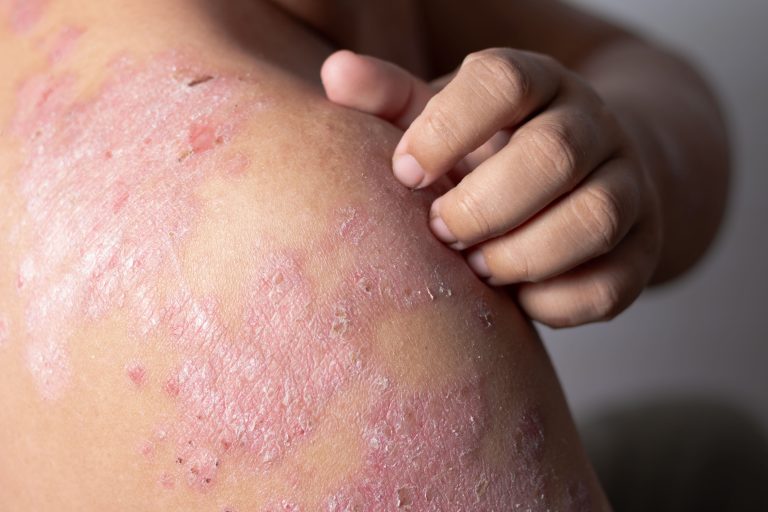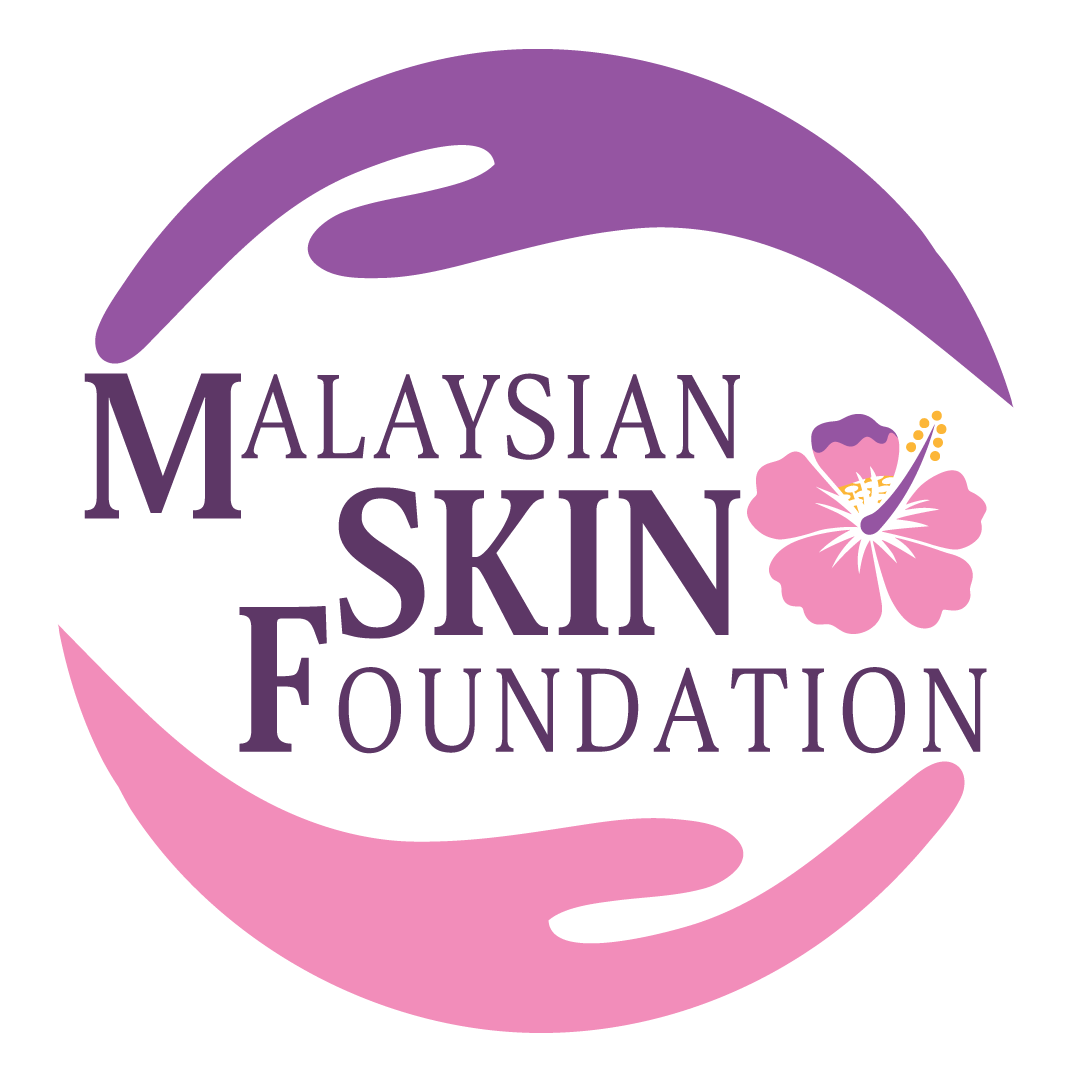Psoriasis
Psoriasis is a chronic autoimmune skin condition that affects millions of people worldwide, including those living in Malaysia. While there are no specific statistics on the prevalence of psoriasis in Malaysia, it is estimated that around 2-3% of Malaysians may be affected by the condition. Psoriasis is characterized by red, scaly patches on the skin that can be itchy and painful. The exact cause of psoriasis is unknown, but it is believed to be related to a combination of genetic and environmental factors.
In Malaysia, the hot and humid climate may exacerbate psoriasis symptoms, as increased heat and humidity can cause skin irritation and sweating, which can worsen psoriasis. Additionally, stress and certain medications or infections may also trigger psoriasis flare-ups.








